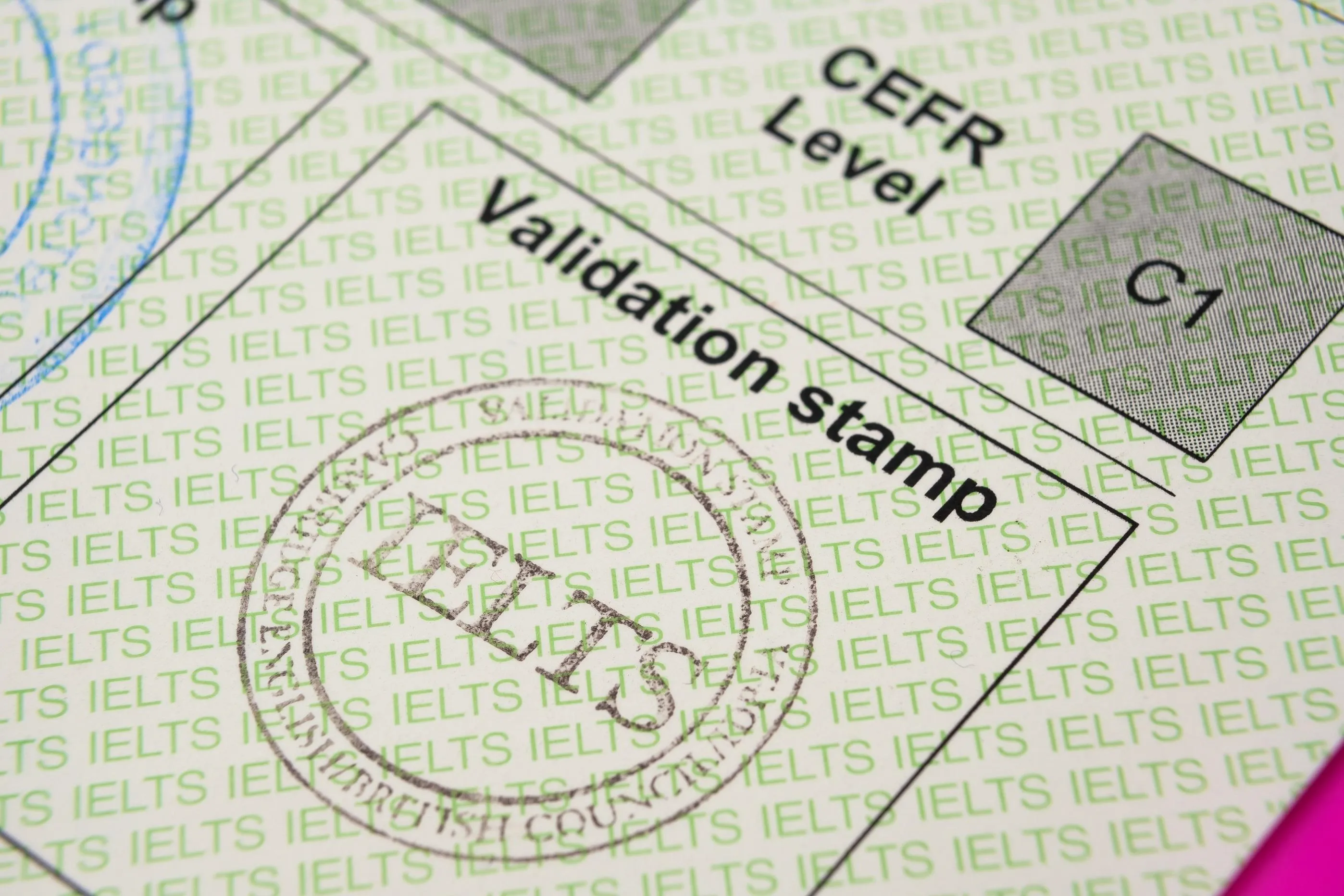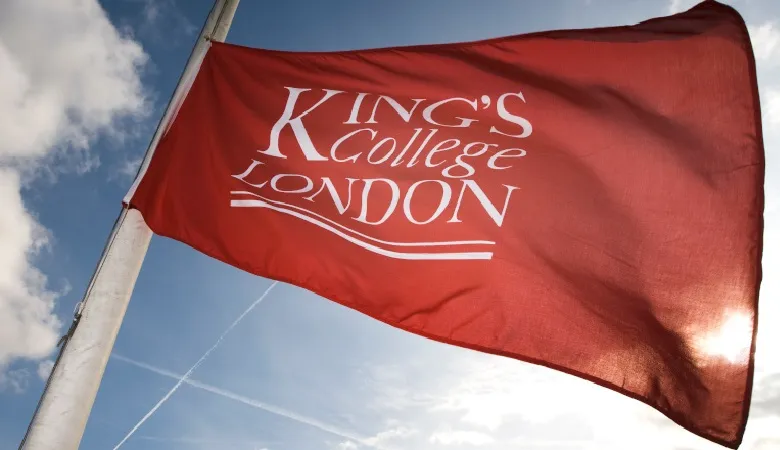We would hear a rocket, followed quickly by the sound of terror and screams of people outside. Because of what I had seen in Somalia I knew how to avoid bullets – I knew how to stay low, how to recognise where the fire was coming from and how to find a safe space. When you have lived through it, you no longer go into panic mode when you hear a shot fired.
Nour Adam, Medicine student at King's
19 June 2023
Refugee student shares turbulent journey to continue studies
A refugee woman whose education was disrupted for five years because of forced displacement and war says studying Medicine at King’s means she can finally envision her future career as a doctor because she is “no longer in survival mode”.

Nour Adam's* journey to King’s was anything but simple. Born in Kuwait, Nour moved to Somalia at the age of eight.
“We moved to Somalia and it happened to be during one of the most violent periods of time,” she said. “My family was forced to move from city to city to try and stay safe.”
Nour’s family were displaced because of the ongoing civil war. Her earliest memories are ones of distress and fear, recalling the sound of bombs going off as she made her daily commute to school.
But she also has fond recollections of a love and eagerness for education and learning.
“I loved learning English. I used to have English cassette tapes that I would play at home, and an English book that I would read all the time. I really wanted to improve my speech and reading.
“I remember when my family was displaced in Somalia I would listen to BBC World Service and BBC Africa on the radio so I could hear the English language. My mum would tell me off because it was so hot inside and I would be sat right next to the radio, dripping in sweat. She would tell me to go outside but I didn’t want to. I wanted to listen to the BBC and learn English.”
By the time she was a teenager Nour already knew she wanted to be a doctor – the experience of growing up in a war-torn country had opened her eyes to the importance of humanitarian medicine.
She began applying for university to study Medicine and was delighted when she was awarded a scholarship at Sana’a University in Yemen.
“I was 18 when I moved to Yemen. However, within one year of being there, war broke out. I was by myself and while other governments were evacuating their citizens, Somalia was not. It was a really scary time.”
Once again Nour was faced with having to leave the place she called home and find temporary accommodation.
“We had to evacuate our home at university because it was right next to a gas station so it was extremely dangerous. I lived in female-only student accommodation and I remember everyone was terrified. For most of the girls I was with, it was the first time they had ever heard bombs going off. But for me that sound was quite familiar.
The group were desperately waiting for the airport to reopen so they could get away but for Nour, fleeing Yemen was not that simple and it also meant leaving behind the degree she so desperately wanted.
“I needed an exit visa, because of my nationality. All of the girls I lived with were able to go back to their own countries, but for me that wasn’t possible. There was still a war going on in Somalia and my family were already displaced.”
Following the advice of friends in Yemen, Nour managed to secure a visa for Thailand – one of the only countries offering a visa for Somalian nationals. However she only had 30 days before she would need to leave, so she quickly enrolled onto a course to do her IELTS test (an international English language exam for students who want to study abroad).
Thanks to her years of listening, writing, and reading English as a child, Nour soon got the qualification under her belt and began applying to universities around the world.

“I got accepted by Sydney, Queensland, and Toronto but it wasn’t that simple. Even though I had been offered several university places, I could not get a visa for any of those countries. I had friends who had tried to make their own way to new countries by boat and died on the way. I didn’t want to risk it.”
Eventually Nour was granted a six-month visa for the UK, having made a claim for asylum.
“It was a miracle but it didn’t get easier when I arrived. I just wanted to continue my studies but I was not allowed to work or apply for university until I was given refugee status. I lived on £36 a week and spent six months waiting to hear if I would be able to stay.
“I obviously felt incredibly grateful that I was safe – that I could no longer hear bombs and that I had a roof over my head. But as a human I just felt like I was in survival mode, trying to get through each day. Looking back now, I am surprised I managed to survive.”
Even after she got the news that she was being granted refugee status in the UK, Nour still had hurdles to overcome before she could resume her degree.
“It was difficult because on paper it looked as though I had just ‘left’ my course in Yemen. But in reality, I had fled because of the war. The other obstacle I faced was getting universities to understand my qualifications. I had not completed A-levels but I had done one year at university in Yemen.”
After looking at Medicine courses across the UK and seeing that King’s College London offered the opportunity to study an additional degree in Philosophy at the same time, Nour decided King’s would be her first choice university.
“I was living in a homeless shelter when I filled out my UCAS application and sat the UKCAT (an admissions test used in the selection process for medical and dental degree programmes), as well as the final exams of my access course.
“I remember thinking there was no way I could possibly come back from that low point. It really felt like from the moment I was born things had just been going wrong.”
Similarly to what she had found before, applying to university was not a simple process for Nour. As a refugee, her qualifications and status were often misunderstood, and this meant she was being rejected for the wrong reasons.
"I decided I needed to speak to someone at King’s to explain my situation in detail. I spoke to someone called Kate in the Widening Participation team, who listened to me and offered to explain my case to admissions, who then invited me for an interview."
King’s Widening Participation team provides pre-entry and on-course support for forced migrant students and people from underrepresented groups, with a view to helping them access, succeed and progress in higher education.

“Having that person – a real person, a face, a name – who is just willing to listen and hear your situation, is so important. Otherwise you can end up just being another number who doesn’t appear to meet the criteria… even though you do.”
Now heading into her third year at King’s, Nour said she “could not ask for more” from her academic studies.
“I love my course. I love that I can study Medicine and Philosophy at the same time at King’s. I am no longer in survival more and I want more from my life in London now.
“But as a refugee student there are still a lot of challenges I face day-to-day. It is important that universities do not treat all refugees as though we are all the same. Universities need to take the time to listen to our stories and understand the individual challenges we face. Ongoing support is so important for refugee students.”
After reflecting on her turbulent journey to continue her studies, Nour says she is now focused on what the future holds and hopes her Medicine degree at King’s will one day help her to fulfil her dream of becoming a doctor.
“I don’t know where I will end up in the future but one day I think I like to work in acute medicine. I also have a passion for humanitarian medicine because I feel like I need to give back to the community where I came from.”
*Name changed to protect student's anonymity.
